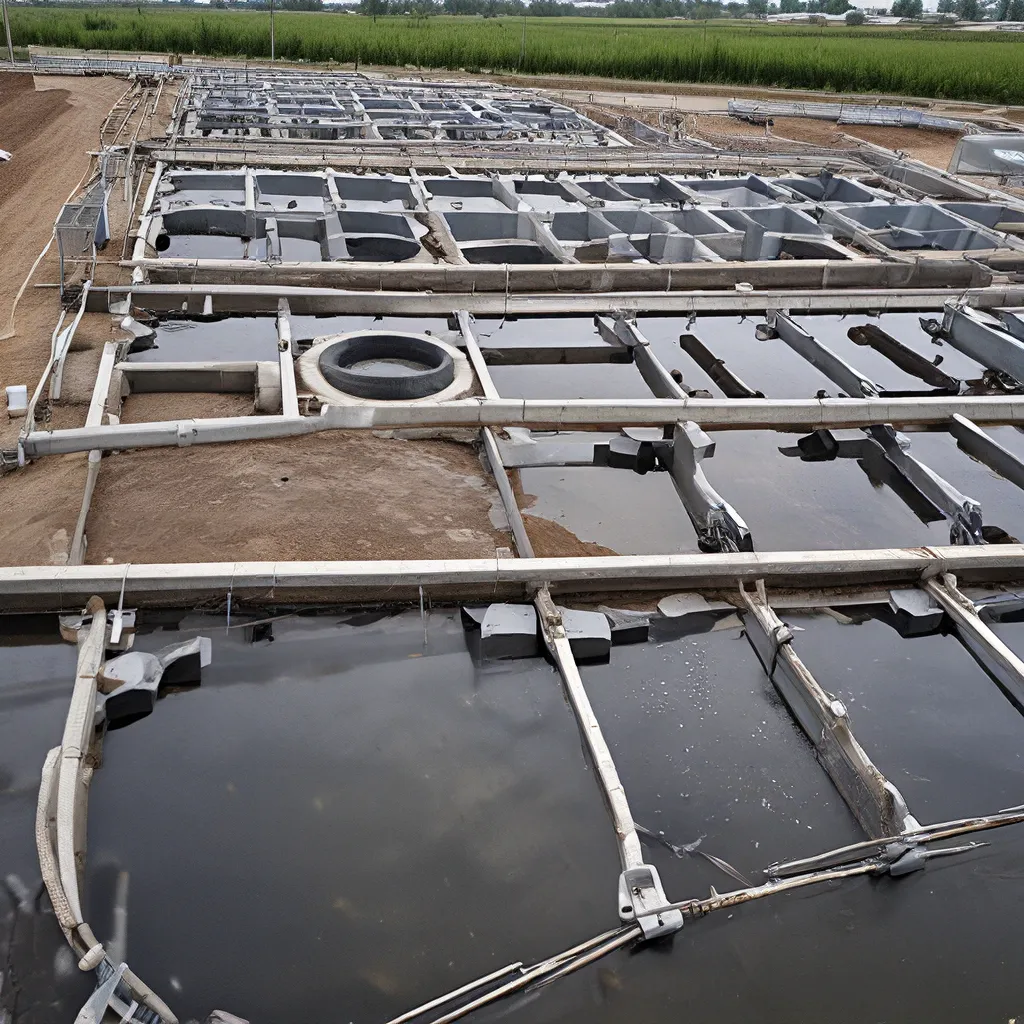
In today’s world, where environmental concerns and resource scarcity loom large, the need for innovative and sustainable wastewater treatment solutions has never been more pressing. As a forward-thinking individual, I’m excited to delve into the transformative potential of the circular water economy and explore how it can revolutionize the way we manage our most precious resource – water.
Unlocking the Power of the Circular Water Economy
The circular water economy is a game-changer in the realm of water management. By recovering valuable resources from wastewater, this innovative approach minimizes waste and contributes to restoring the natural environment. It envisions a closed-loop system where water, nutrients, and energy are continuously recycled, reducing the need for freshwater extraction and mitigating pollution.
Imagine a world where Gothenburg, Sweden’s pioneering efforts serve as a shining example of this circular water economy in action. By maximizing water use and turning waste into resources, this forward-thinking city has set a new standard for sustainable water management. It’s a testament to the transformative power of this model and the importance of embracing innovative solutions.
Revolutionizing Agriculture through Water Recycling
One of the most significant applications of the circular water economy is in the realm of sustainable agriculture. Water recycling for irrigation can play a crucial role in reducing the pressure on freshwater sources and enhancing food security. By treating and reusing wastewater, we can ensure a reliable water supply for crop production, while also preventing nutrient-rich effluents from contaminating natural water bodies and protecting aquatic ecosystems.
Moreover, the use of recycled water in agriculture supports soil health by replenishing it with organic matter and nutrients. This harmonious integration of water management and agricultural practices demonstrates the potential for a more sustainable and resilient future. The Harvest Water Project in Sacramento is a shining example of this innovative approach, showcasing the transformative power of water recycling for agricultural purposes.
On-site Water Reuse: Achieving Greater Resilience
Implementing on-site water reuse systems is another practical demonstration of efficiency and resilience in water management. These systems treat and reuse greywater and rainwater for non-potable purposes, such as toilet flushing, landscaping, and cooling, significantly reducing the demand for potable water.
By integrating such systems into urban infrastructure, buildings, and communities, we can achieve greater water independence and alleviate water scarcity. This approach showcases innovation in water reuse technologies and emphasizes the importance of local solutions in achieving global water sustainability goals. San Francisco’s pioneering efforts in on-site water reuse systems serve as a shining example of what’s possible when we embrace innovative wastewater treatment solutions.
Challenges and Opportunities in Sustainable Water Management
While the potential of the circular water economy, water recycling, and on-site water reuse systems is undeniable, we must also acknowledge the challenges that come with implementing these solutions. Technological advancements, infrastructure upgrades, and public awareness campaigns are just a few of the critical factors that must be addressed to ensure the widespread adoption of these innovative approaches.
Interestingly, many professionals have joined the Our Future Water community, demonstrating a growing interest in and commitment to sustainable water management. This collective effort is a promising sign, as it suggests that the water industry is embracing the circular water economy and recognizing the need for transformative change.
Embracing the Future of Wastewater Treatment
As I reflect on the transformative potential of innovative wastewater treatment technologies, I’m reminded of the wise words of Albert Einstein: “We cannot solve our problems with the same thinking we used when we created them.” It’s time to break free from the linear, resource-intensive water management models of the past and embrace the circular water economy, water recycling, and on-site water reuse systems.
By doing so, we can innovate for a sustainable future, reduce our environmental impact, and ensure a more resilient and equitable water future for generations to come. The journey may not be easy, but the rewards of embracing these innovative wastewater treatment technologies are boundless.
As I encourage you to explore the services offered by Alpha Wastewater, I leave you with a sense of optimism and a deep conviction that together, we can create a more sustainable and prosperous world, one wastewater treatment innovation at a time.